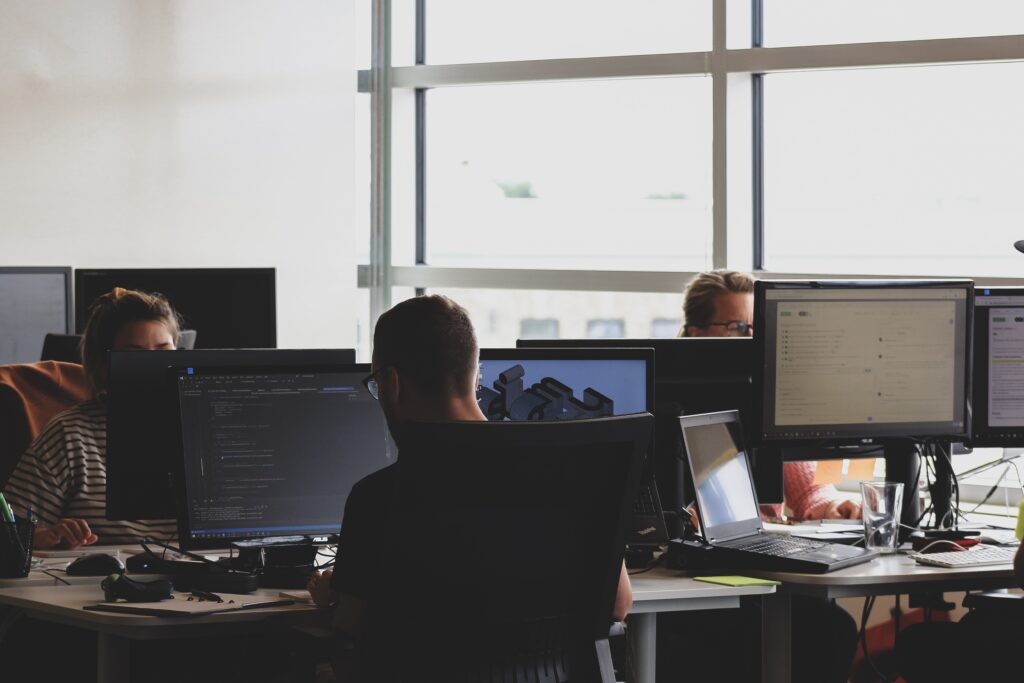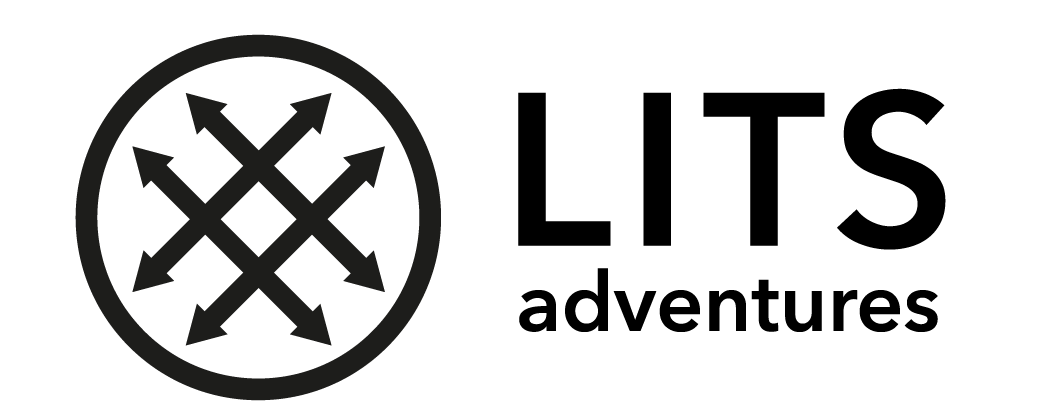On their way to the Davos conference several of the top leaders of the digital world and cutting edge technologies stopped in Munich to participate in Digital Life Design (DLD), which is considered one of the industry’s premier conferences, is going into its 11th year and boasts 1,000 attendees (by invitation only) among the top minds who are changing the world. The impressive list included Netflix founder Reed Hastings, Instagram COO Marne Levine, WhatsApp founder Jan Koum, Airbnb founder Nathan Blecharczyk, and several of the world’s leading investors, such as Jim Breyer. Leaders from more traditional industries such as banking or insurance were also present to understand how to face many of the challenges that are being presented by the paradigm shift in the business model. These people meet twice a year to discuss the future of digital, which is increasingly intertwined with the future of the world.
The world as we see it now is going to change radically in the next few years. It was inspiring to be with people who are certainly going to have a lot of impact in the coming decades. At the same time, it is interesting to try to understand how most companies and people will adapt to these changes. There is a high probability that many companies that today are considered leaders will be in a weakened situation. At the same time the set of the 4 companies (Google, Amazon, Apple, and Facebook) will probably take an increasingly important role in the world economy. Each of them controls a large amount of information and are working on processing and using it, while expanding their activities into all areas of the economy. With services that are free and considered by many to be entertainment (Facebook, Google, Gmail, etc.), these companies have penetrated all areas of society.
Many of the current companies have not yet understood what is happening in their sectors and are decades behind in terms of strategy, technology, and processes.
When they wake up, for many, it may already be too late.
Many topics were discussed and, as is often the case in this event, some will begin to make sense to ordinary mortals three to five years after they are discussed here. Among these topics, I will highlight some of the main ones:
Data
If there is one thing that is common and no longer even discussed, it is the importance of Data, which is the cement of the new industrial revolution we are living through.
Assisted human intelligence, artificial intelligence, and machine learning
To make decisions about all the data more and more human decision support systems are starting to be developed. Netflix for example does deep analysis on what content might work for its audience but leaves the final decision to humans. At the same time is working on artificial intelligence.
Security issues are many and with several major world figures concerned about the topic (Elon Musk, Bill Gates, Stephen Hawking, etc.). The existence of machines smarter than man is pointed out as a considerable danger to the extinction of human beings.
Various ethical issues arise as well. Jim Breyer, one of the initial investors in Facebook and a leading Venture capitalist, pointed to this area during his presentation as “the one that will give the most returns to investors in the next decade.” Machine learning is already being used by several companies to create systems that learn by themselves and improve with use.
Food is another topic on the agenda and is pointed out as the main medicine of the future
While we produce more food, its quality seems to be getting worse. The average age of an apple in a supermarket in the United States is one year, and until it gets there it has been dipped in wax, to make it look prettier, and frozen. Sam Kass, the former chef of the Obama family commented that once an apple a day kept us away from doctors, today an apple a day causes us diabetes. Oliver Bate, CEO of Allianz (one of the world’s largest insurance companies) dismissed the use of “wearables” such as apple watch or fitbit to measure physical exercise since according to data could impact less than 1.5% of health problems.
The big secret is nutrition, which combined with analysis of the individual’s genetics can lead to a dramatic reduction in health care costs and at the same time an increase in longevity. Several devices are being developed to connect to cell phones that will analyze in real time the food we eat and its nutritional value.
Last mile:
One of the big differences between physical stores and e-commerce commerce is the ability of the customer to receive the product on the spot. This barrier is being overcome by several solutions and companies focused on the “last mile” (last mile that reaches the customer’s home). Another of the controversial solutions being implemented is delivery by drones.
True customization
3D scanning and 3D printing combined with design and related applications will allow the creation of completely customized products.
In the words of Lapo Elkann, founder of Italy Independent and heir to FIAT, we finally have the ability to see true personalization of products. With a cell phone the customer will scan their face and get glasses designed and made just for them on a 3D printer.
Some of the main industries that are considered to be under threat are banks and insurance companies. Theodor Weimer, the president of the German bank Hypo Vereinsbank, mentioned the difficulty of these large companies to innovate due to their lack of ability to attract talent with experience in Fintech. He also mentioned that, for example, the means of payment business has already been lost by banks to companies such as PayPal. A solution found by several of these means has been “if you can’t beat them join them”, so they are not only buying Fintech startups, but also making alliances with these new companies.
Another of the themes also mentioned by the CEO of the insurer Allianz was an inadequate regulation that these sectors have and that does not allow them to innovate at the same time as the startups in the sector. Insurance tailored to the exact profile of each person is also increasingly more and more on the agenda. The technology to make each driver pay the amount according to the way they drive (speed, behavior, etc.) is already available and should be on the market soon.
Cybersecurity is still on the agenda

The theme, however, is no longer so focused on companies (which, if they haven’t woken up to the fact yet, should do it now) and we begin to have themes of national security and terrorism. The ISIS group has already used several of these tools and strategies in their attacks. New applications of the Internet of Things, drones and autopilot cars are also on the agenda as the security breaches in these systems can have catastrophic consequences.
The world of work is going to change substantially
For starters, it’s all about the numbers, because in the next decade up to 60% of current jobs could disappear in what is referred to as the fourth industrial revolution. At the same time as this industrial revolution, the type of work is changing considerably. More flexible and remote work is one of the main trends.
However, this kind of reality is increasingly raising social questions about what to do with the future unemployed. Another question raised is how to adjust the current education for a professional world with these characteristics.
If all these developments and technology seem extremely exciting, the social impact and ethical issues raised are unprecedented in human history and require education, legislation, and a lot of common sense and “good intentions” to build a positive future.
Digital has gone from being separate from the rest of society to being an integral part of humanity’s DNA. Welcome to the present.

